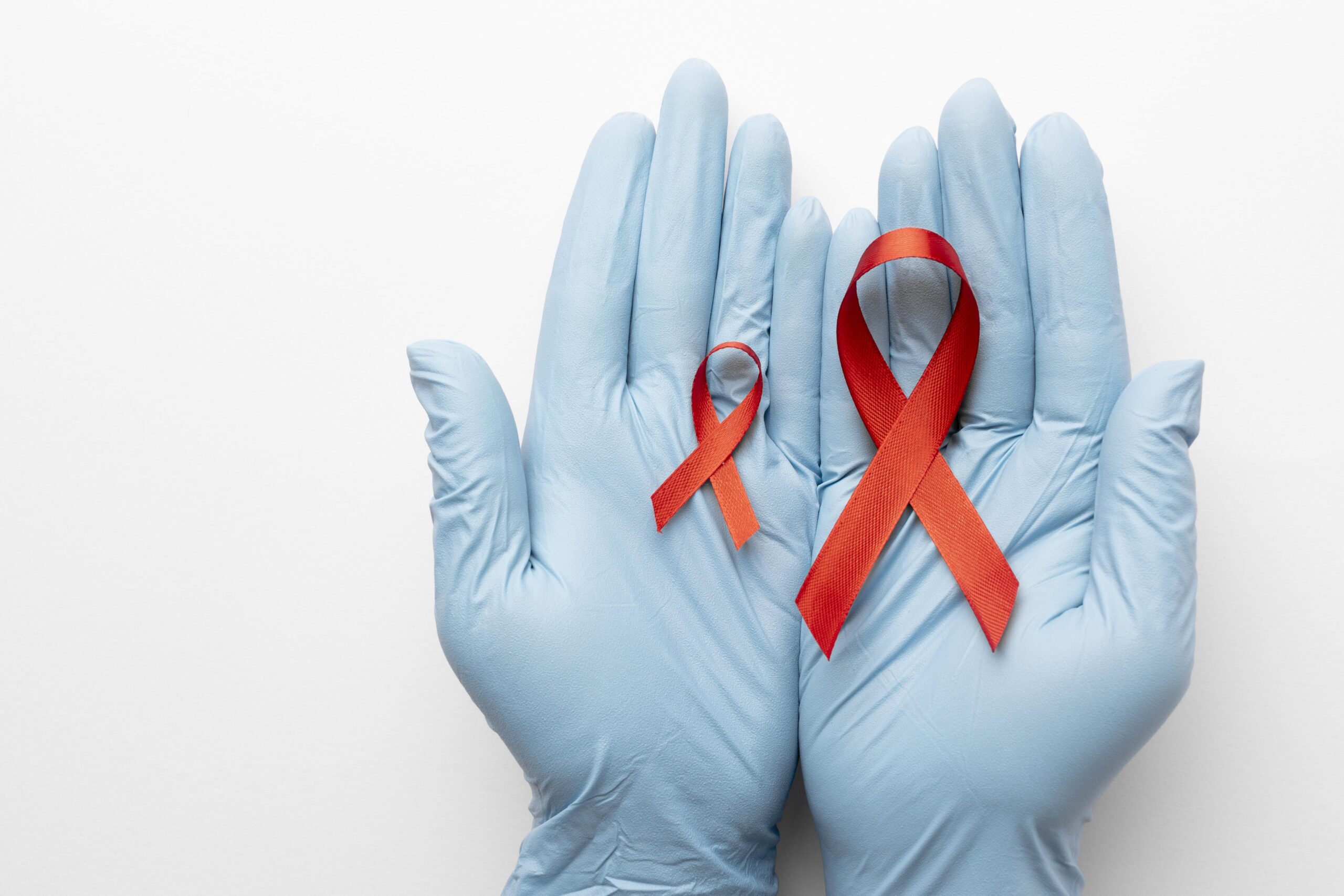

HIV & Fighting Stigma

 Turning whispers into resounding voices of change.
Turning whispers into resounding voices of change.
Helping people living with HIV
HIV (Human Immunodeficiency Virus) attacks the body's immune system, specifically targeting CD4 cells, which are essential for fighting infections. Without treatment, HIV can progress to AIDS (Acquired Immunodeficiency Syndrome). Currently, there is no cure for HIV, but with proper medical care, people can live long, healthy lives.
According to UNAIDS, In 2023, 39.9 million people worldwide are living with HIV. Of these, 38.6 million are adults (ages 15 and older), and 1.4 million are children (under 15 years old). Importantly, 53% of those living with HIV are women and girls. When managed with effective treatment, HIV can be controlled, and individuals can live well and protect their partners from transmission.
HIV Stigma & Discrimination
Unfortunately, people living with HIV often face discrimination and stigma. These individuals end up isolating themselves and battle loneliness in their thoughts. Some of which even commit suicide.
Many communities have high discimonation and stigma against people living with HIV such as denying healthcare services to someone with HIV, Avoiding casual contact with someone who has HIV,Isolating someone from a community because of their status, Using harmful language, such as calling someone “dirty” or asking if they are “clean”, Making assumptions about someone’s HIV status based on their identity or behaviors
These harmful behaviors can have a deep emotional and psychological impact. Many people living with HIV internalize this stigma, leading to feelings of shame, fear, and isolation. This can prevent them from getting tested, seeking treatment, or sharing their status and living their lives to the fullest
HIV Stigma & Discrimination
Unfortunately, people living with HIV often face discrimination and stigma. These individuals end up isolating themselves and battle loneliness in their thoughts. Some of which even commit suicide.
Many communities have high discimonation and stigma against people living with HIV such as denying healthcare services to someone with HIV, Avoiding casual contact with someone who has HIV,Isolating someone from a community because of their status, Using harmful language, such as calling someone “dirty” or asking if they are “clean”, Making assumptions about someone’s HIV status based on their identity or behaviors
These harmful behaviors can have a deep emotional and psychological impact. Many people living with HIV internalize this stigma, leading to feelings of shame, fear, and isolation. This can prevent them from getting tested, seeking treatment, or sharing their status and living their lives to the fullest